As a 25-year-old Chinese American, I imagined coming out as transgender to be a horrific ordeal. In my mind, it involved being ostracized from my peers at work, school, and life, being deemed a freak. But truth is, it was nothing like I imagined.
When I broke the news, everyone in my life reacted like they'd won the lottery. From my company's CEO to coworkers to friends, the support that I received was overwhelming. Some hugged me until I heard my back crack. Others joined me in tune while I attempted to sing "God is a Woman" (replacing "God" with "Fei"). Where my story is a very privileged one, it also came with a dark horse -- and that happened to be my 55-year old Chinese immigrant mother. Despite my excitement, I had no idea how to share this revelation with her and dreaded the outcome.
Growing up, she and I were inseparable. At 37 (now 55), she ran a tourism business catering to wealthy Chinese nationals eager to visit the States. Typically it involved days-long trips to Disneyland, Disney Concert Hall, and all of Southern California's infamous beaches. But no matter how busy she was, she always took me along if she could. I'd sit in the back seat, as her permed wine-red hair would change colors according to how sunny it was. Nearly 20 years later, I still remember those days.
Despite having many misunderstandings even to this day, she's still the person I turn to for guidance, love, and security. There isn't a single thing I hide from her. Many people, including my maternal grandmother, all say that I resemble her youth -- especially her determined personality. The thought that my coming out might jeopardize our relationship terrified me.
Would she disown me? Would she sob and hyperventilate, while shrieking the dreaded "Where
did I go wrong?" Or would she call me a Ren Yao (ren yao), or "human monster," a demonizing term for trans people in Chinese? These fears manifested in nightmares that lasted for weeks. Some nights it would be she and I speaking, and upon finding out the news, she would disappear. Other times I would be walking into a room, only to find her purposely avoiding me. And if I did manage to find her, she'd be faceless. I'd often wake up drenched in sweat. Other times I'd hit my head on the wall from shaking. It got so bad, I had to take a double dosage of clonazepam every night just to pass out.
Even though Mom came to America in the '80s, she was still a product of Chinese culture, education, and social morale. I had no idea what to expect, because the fact is, Chinese culture is pretty transphobic. And while America is not particularly trans-affirming either, trans and non-binary people in China have been treated terribly both historically and in contemporary times.
"Theoretically, the social order of gender in Chinese thought is broadly formed on the concepts of the heavens and earth and yin and yang. When these notions are applied to the social field, they are likened to the male and female genders," notes the The Internet Encyclopedia of Philosophy.
"'The Inner Scripture of the Yellow Emperor' says that yang's maleness is meant for the outside,
and yin's femaleness for the inside," writes Lijuan Shen and Paul D'Ambrosio, outlining Chinese culture's very binaried way of thinking as it pertains to gender in the same report. "Men, being equated here with yang, are also associated with superiority, motion, and firmness, while women are coupled with yin and so seen as inferior, still, and gentle. The social order that emerged from this philosophy saw men as largely in charge of external affairs and superior to women."
"The history of [trans people] in China has not yet been adequately researched," Laurent Long writes. Sources do not link such phenomena to cross-dressing, whether occasional or customary, sex change, or hermaphroditism. Although there was an integration (and, in the thespian arts, even institutionalization) of transgender [people] into mainstream culture, gender nonconformity was also regarded as subversive of 'natural' hierarchies and boundaries."
While transitioning is legal, it is a long, complicated process due to a lack of knowledge in both private and public spheres, like medical environments. Socially, trans people are often only represented in entertainment like choreographer Jin Xing, model Liu Shihan, singer Chen Lili, and opera star Bian Yujie. This doesn't mean, however, that the general public respects the trans community. A recent survey revealed that a large portion of the Chinese population does not fully understand transgender issues, and hold negative opinions against them. Roughly 43% believe that trans identity is associated with mental illness, and roughly 42% do not support trans people being able to access the bathroom that corresponds with their gender.
Having studied abroad in Beijing for seven years, I was well aware of all this cultural baggage my mom might be carrying. But I still needed to come out. With plans to start hormones in two weeks, I wasn't going to have her suddenly see me one day with breasts! After all, she'd be in New York City in May for my graduation. And so, after a week of mental preparation, and lots of Gigi Gorgeous motivational videos, I told Siri to "Call Mom."
"Mom, I need to tell you something. It's been on my mind for years, and I have to get it off my
chest," my forehead was immediately covered in sweat. I could feel my chest tighten and a panic attack creeping on. In the back of my mind, I tried to remember if I had any clonazepam in my bag.
"Are you transgender?" she said, before I could even go on. My mind went blank.
"....You knew?"
I heard her sigh, the kind you make when a friend makes a really lame pun. "Give me some
credit. I'm your mom." I couldn't believe my ears. "And you still love me?" " Fei hua (Fei Hua )," she replied, which basically means "no shit" or roughly "nonsense" in Chinese. "You're my kid. Of course, I do!"
Within seconds, I started sobbing, telling her about my endless nightmares and stress. We spent the next 20 minutes talking about my childhood, her morals as a parent, and she gently poked fun at my tears. As I prepared to hang up with a smile on my face, she made one final comment.
"I still love you regardless of what you do, but to me, you'll always be my son," she said. "I don't believe that gender is something that changes, and I'll admit this is something difficult to fully accept. If my friends, or people in general ask, I'll probably just say I have a really pretty Son."
As I sat there, phone in hand, many things rushed through my mind. I recognized that this was a well-intended statement, but was also undeniably transphobic. I knew she was not a transphobe, and she said it out of love and misunderstanding. For a woman that grew up in a country that literally calls trans people monsters, her response was not something I expected. She's not using my pronouns, and won't call me her daughter, but for me and only me, those details were not as important as losing my mother's support.
I understand that for many people, this wouldn't be acceptable. Living in a country where trans women and men are murdered on a regular basis, deadnaming and misgendering trans individuals is an act of violence. But in my culture, this type of reconciliation is a different kind of thing.
My feelings on this are mixed. In many ways, I hope that she will come through one day and refer to me as her daughter. Being called "son" reminds me of the confusion that I had to overcome every single day. In Chinese culture, "boy" and "manhood" have endless social expectations attached to them -- all of which I've never identified with. The word "son" reminds me of the cultural baggage I will always carry as a Chinese American. It reminds me of archaic expectations that only heterosexual men have social value -- it's a man's job to keep the family lineage alive, and that men are the "head" of a household. Since childhood, I've found these ideals repulsive, and refuse to bring them with me into adult womanhood.
But on the other end, I cherish what my mom and I share despite what she calls me. She taught me self-reliance, independence, and courage before I even had the vocabulary to know what they were. When I needed support through my mental illnesses, she was there. When I moved to New York in 2015 to chase a dream, she stood by me. And despite using the wrong pronouns, when I came out to her, she supported me. Frankly, I don't care if my mom calls me her son or daughter, so long as she still calls me her child. I spent years wondering what she'd say when I told her the truth, thinking that it would be a life-changing event. And it was -- just not like how I pictured it.
LGBTQ+ individuals sometimes spend a lifetime trying to accept who we are and if and when we muster the courage to come out, we hope for the best. But the reality is harsh. And while I'm not condoning hostile behavior, confusion is often the biggest hurdle we face. Many well-intentioned people will say the cruelest things to our face, never realizing that their language can drive the recipient into depression, or worse, suicide.
And despite being hurt by many, I understand their confusion. Coming out involves two or more parties -- it's never just about me. All we can do is face ignorance with compassion. Inside, they're probably grappling with their image of you changing, and it's not an easy job either.
Just as I spent 20+ years accepting my identity, I couldn't ask my mother to accept such a monumental change over a phone call. She had an image of her little boy who'd grow into a man, despite that image having never existed. Just as we take time to accept change, we should allow those around us time to adjust too. As cliche as it sounds, it does get better.
This past weekend, I called my mom talking about my transition timeline. I walked her through my hesitations, when I'd like to get various surgeries, and other topics. After she said her "huhs" and "mhms," we proceeded to talk about asinine everyday things like grocery lists, and the weight of the previous conversation fell away. Our relationship is still the same. The only thing that's changed is that after all these years, I can now show her the real me.



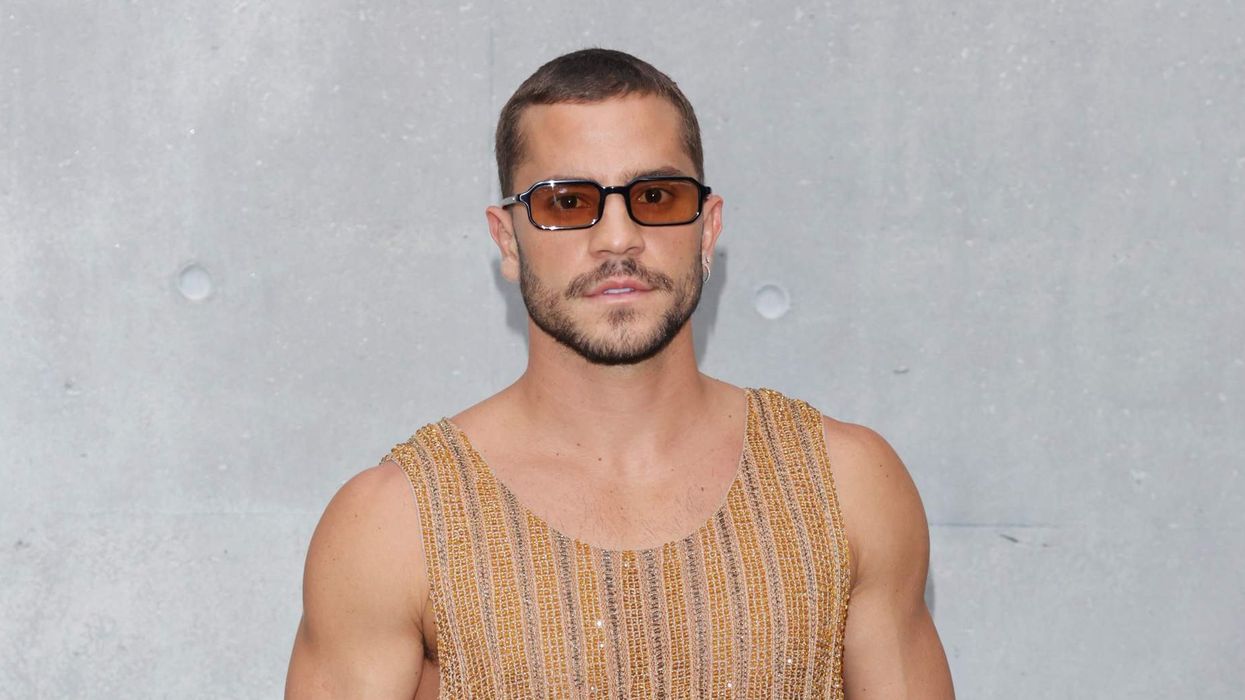





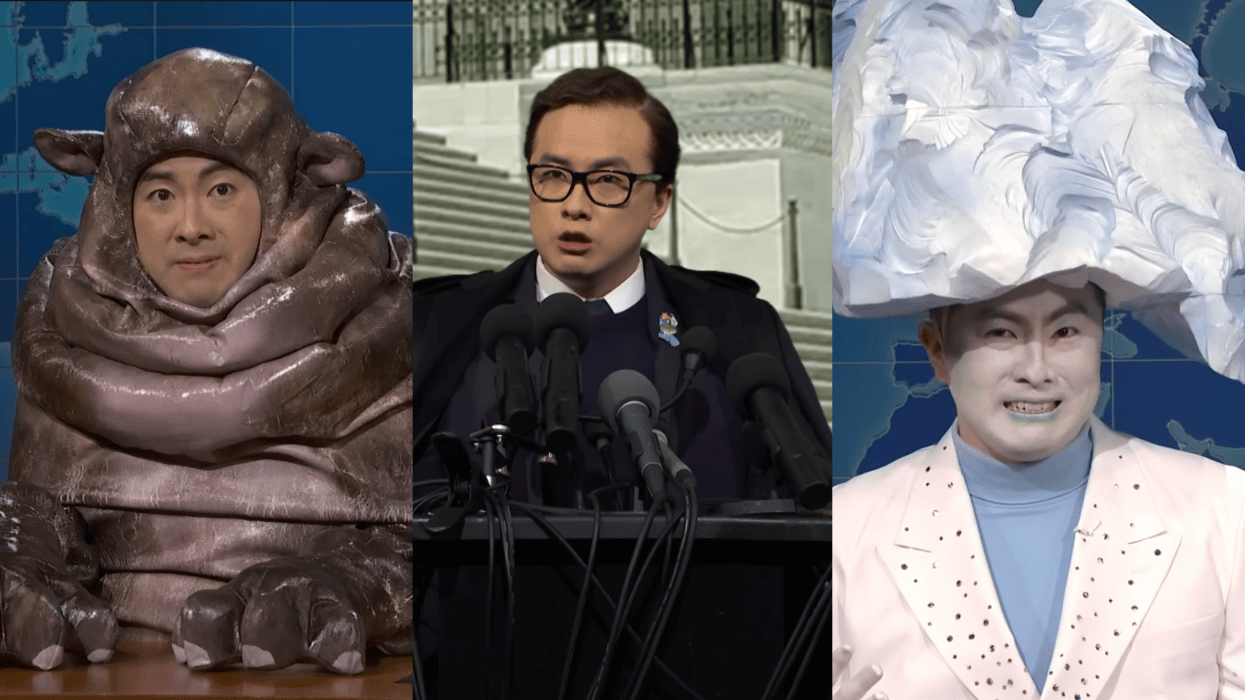
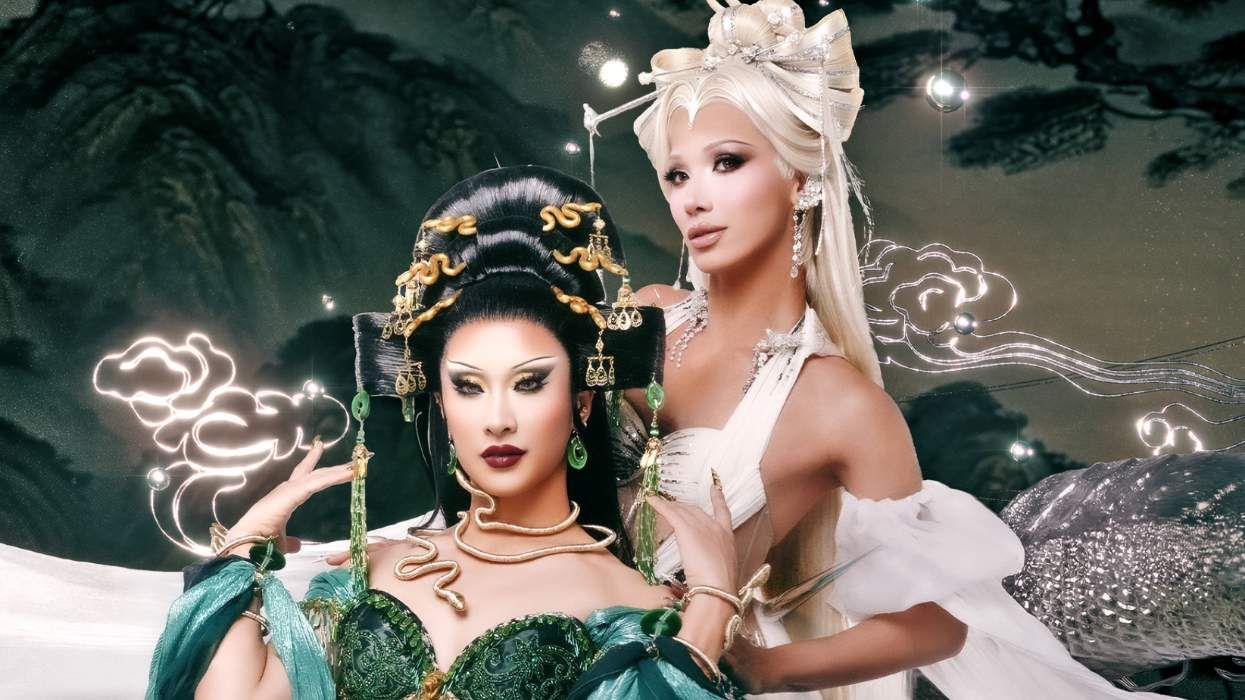








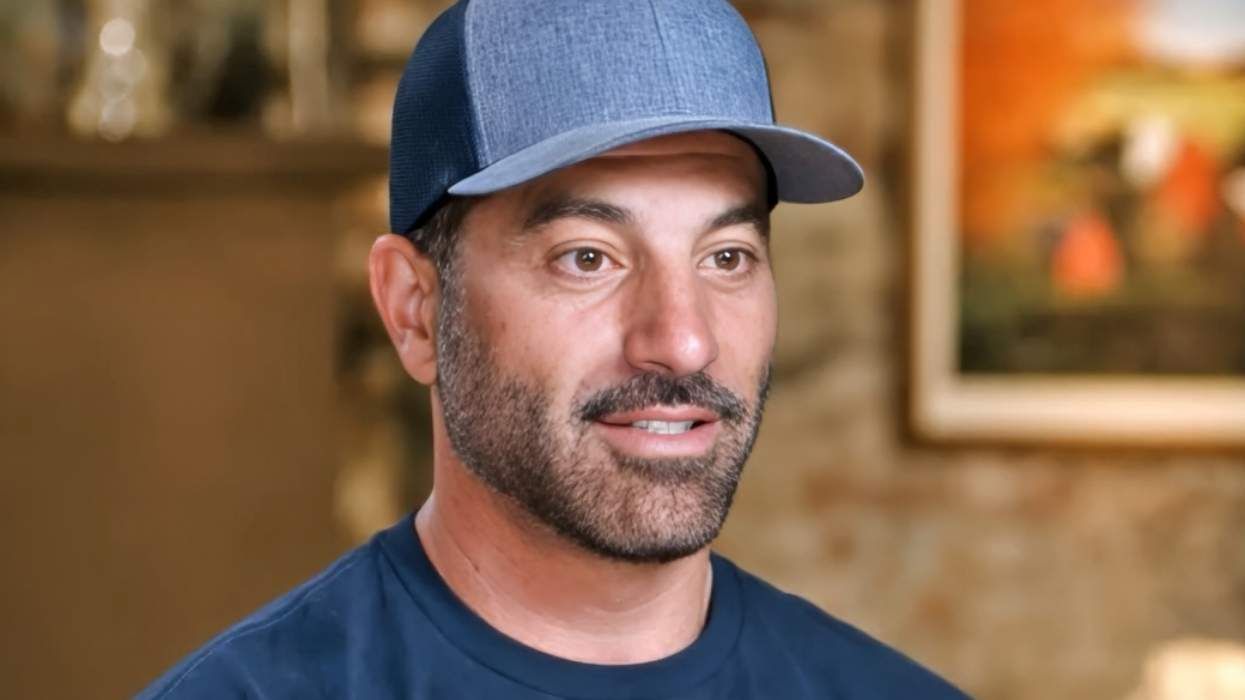
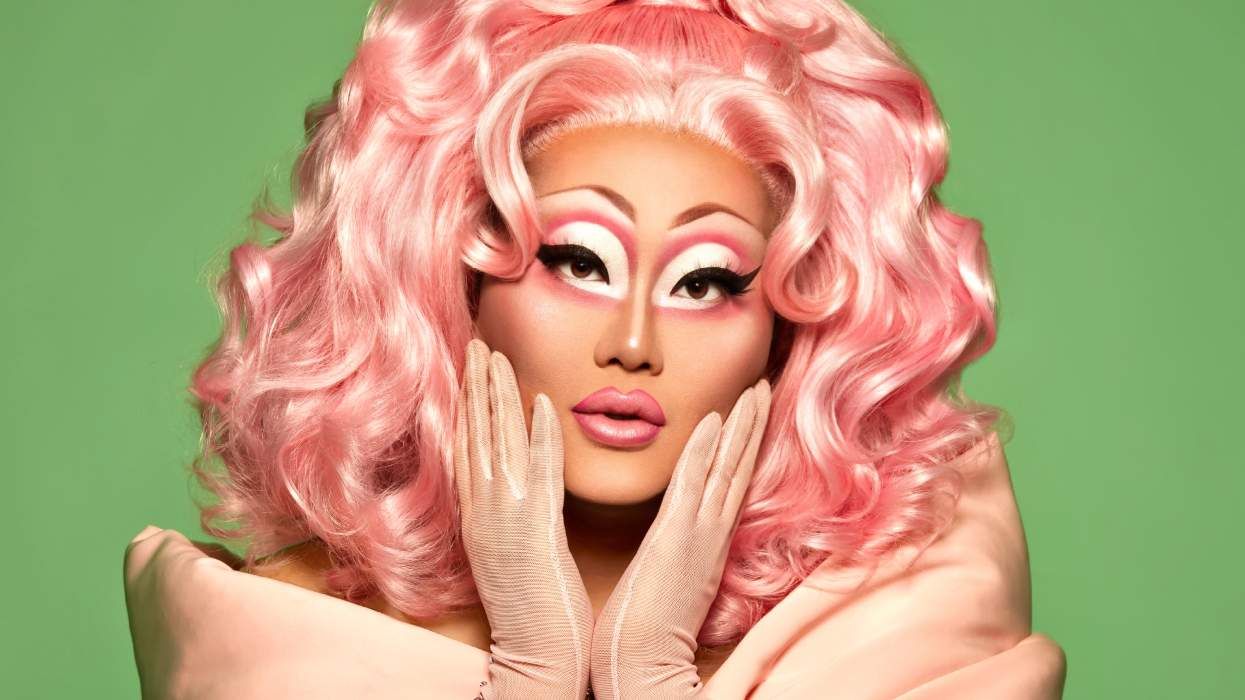
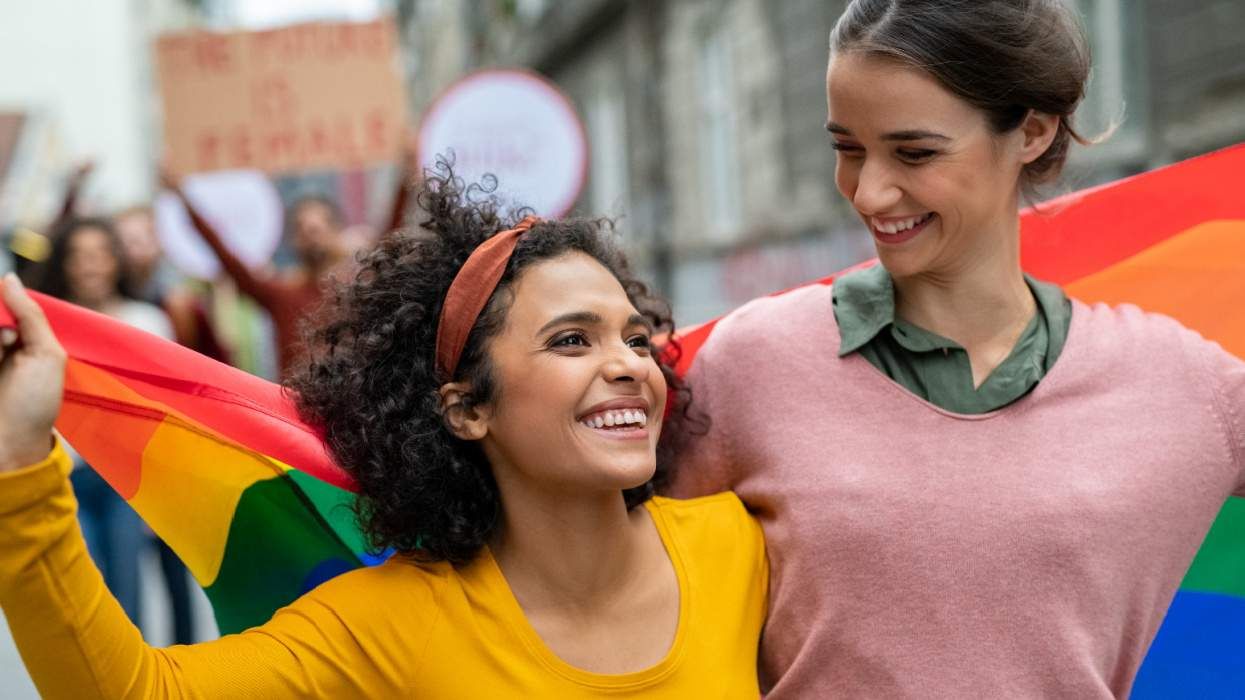

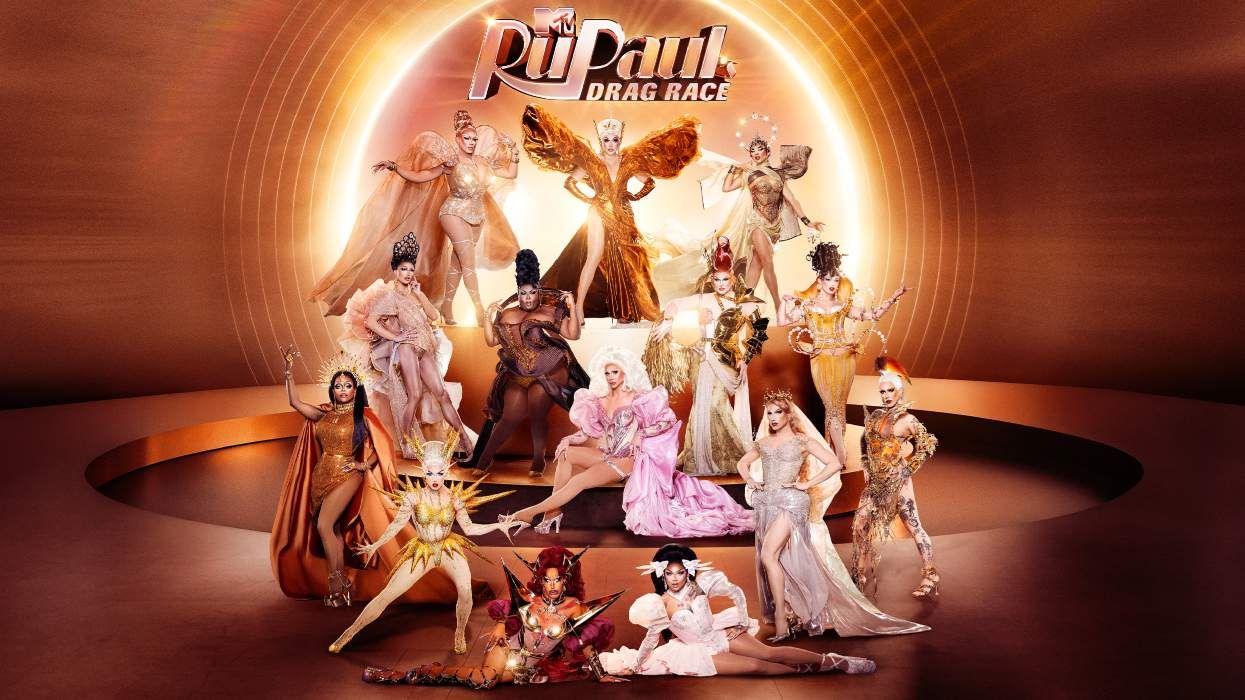

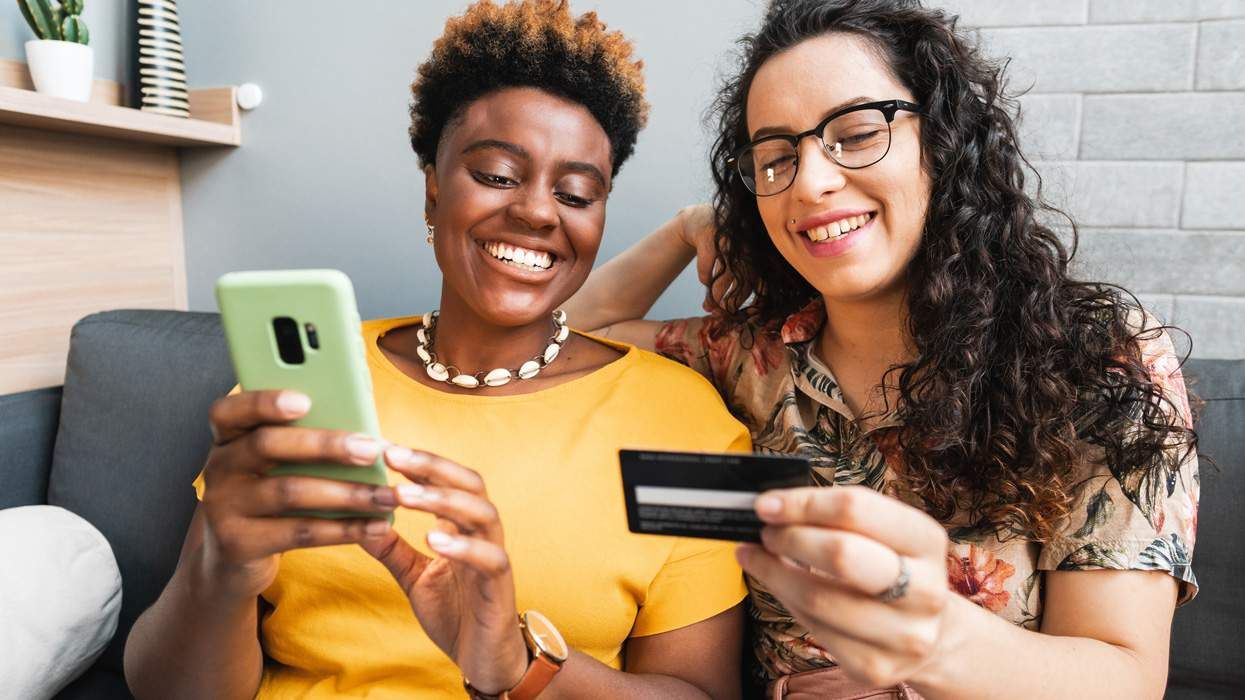

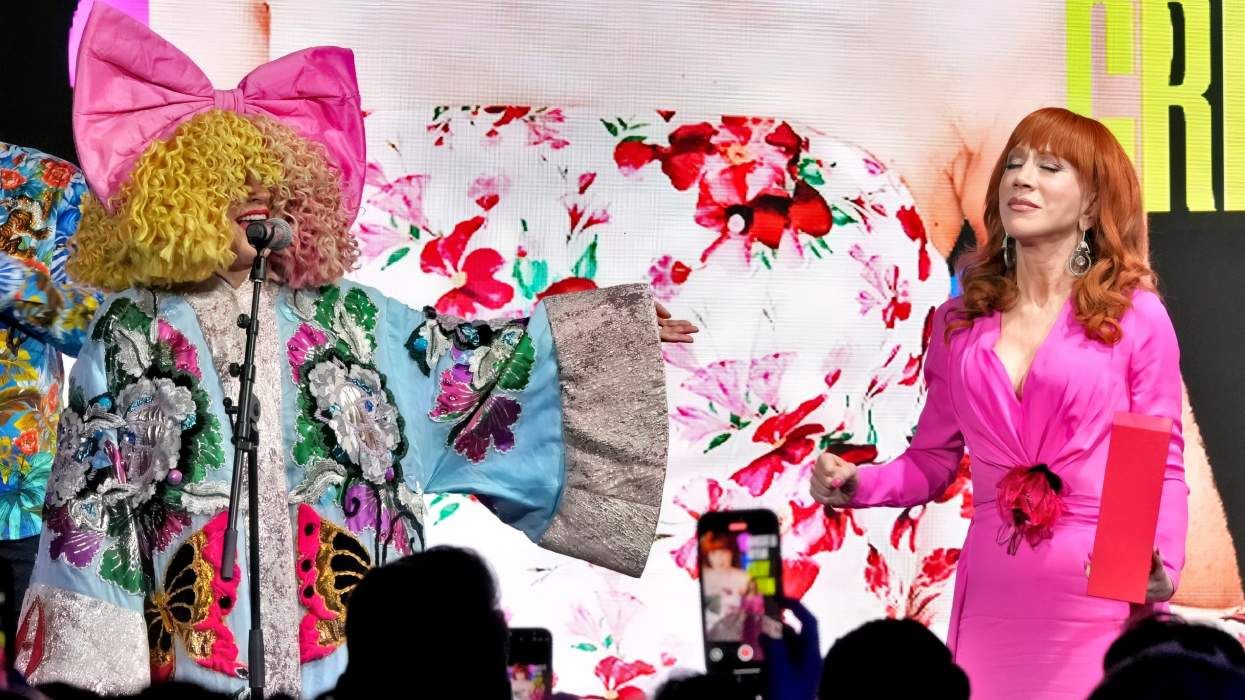

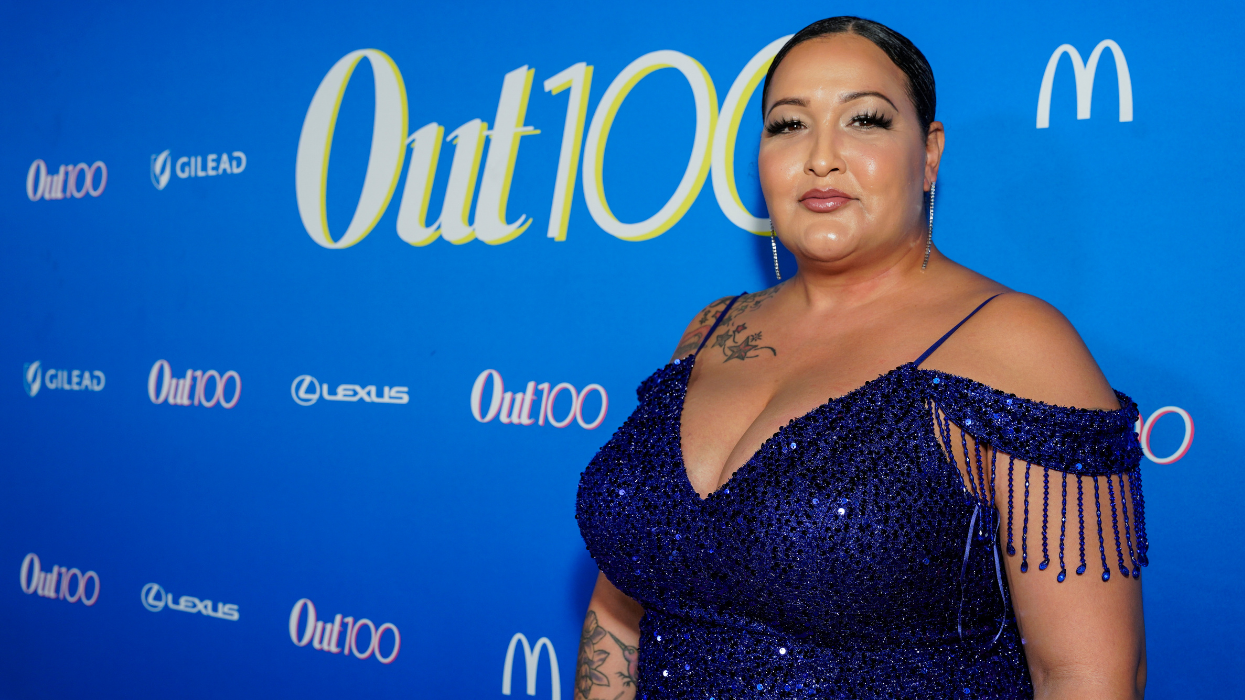
The 13 gayest Thanksgiving foods, ranked
Ranking the 13 gayest thanksgiving foods